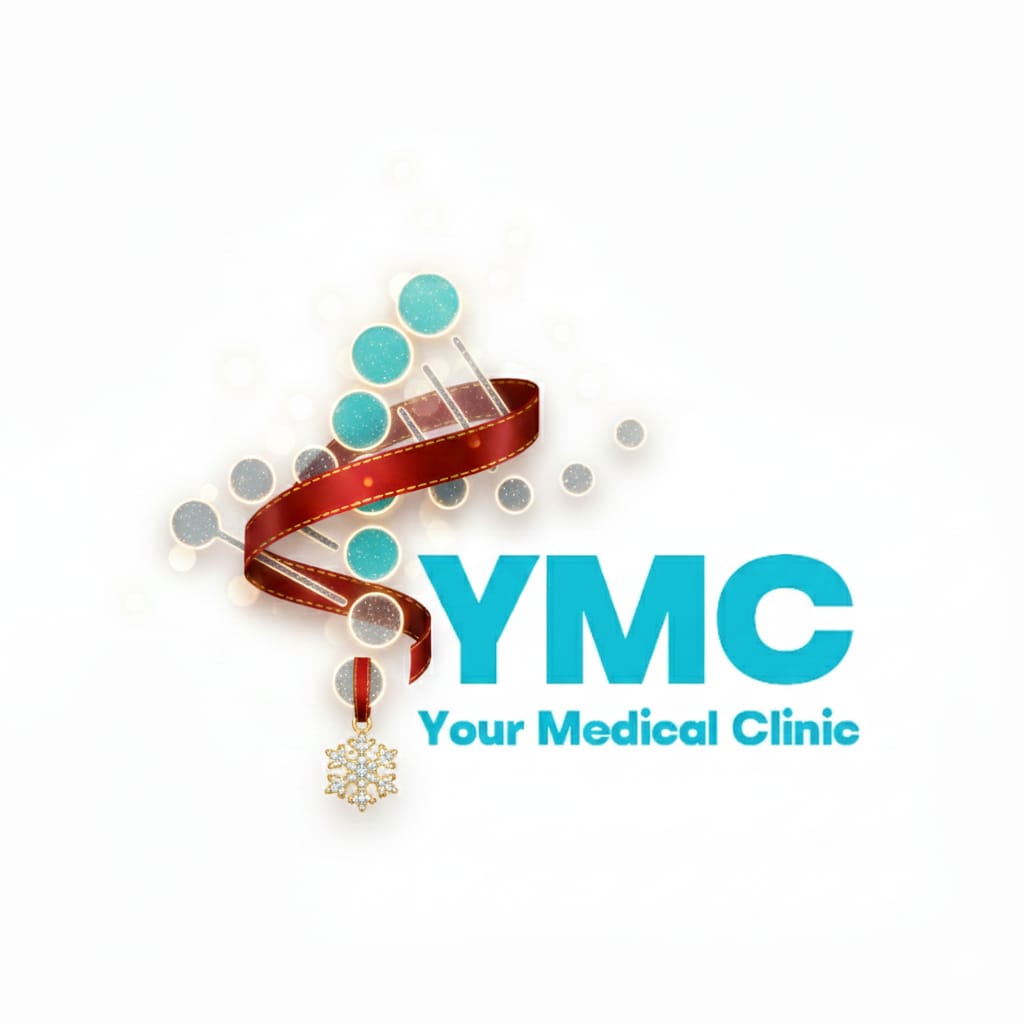What is Anemia?
Anemia is a medical condition that occurs when the body does not have enough red blood cells or hemoglobin to carry oxygen to the tissues. This can cause tiredness, weakness, and other symptoms that affect the quality of life. Anemia is one of the most common health problems in the world, affecting people of all ages and genders.
Main causes of anemia
Anemia can have different causes and types. Some of the main factors include:
- Iron Deficiency (Iron Deficiency Anemia)
Caused by a diet low in iron, blood loss (e.g. during heavy menstruation or gastrointestinal bleeding) or poor iron absorption. - Vitamin B12 and Folic Acid Deficiency
These nutrients are essential for the production of red blood cells. Their deficiency can cause megaloblastic anemia. - Chronic Diseases
Conditions such as diabetes, kidney disease, or chronic inflammation that inhibit the production of red blood cells. - Hemolytic Anemia
Red blood cells are destroyed faster than the bone marrow can produce them. - Genetic Diseases
Diseases such as sickle cell anemia or thalassemia that affect the shape and function of red blood cells. - Heavy Blood Loss
Trauma, surgery, or heavy menstrual periods can cause this condition. - Cases of Malabsorption
Pathologies such as Crohn’s disease or celiac disease prevent the absorption of nutrients.
Symptoms of Anemia
Symptoms vary depending on the type and severity of anemia. Some of the most common are:
- Tiredness and weakness
- Yellowing of the skin and mucous membranes
- Dizziness or feeling faint
- Difficulty breathing, especially during physical activity
- Rapid or irregular heartbeat
- Headache and poor concentration
- Cold hands and feet
- Weak nails and hair loss
Caution: If you experience these symptoms for a prolonged period, consult a doctor to determine the cause and adopt the most appropriate treatment.
Diagnosis of Anemia
The diagnosis is made through:
- Blood test (CBC): Evaluates the levels of hemoglobin and red blood cells
- Lab tests: Measure levels of iron, vitamin B12 and folic acid
- Hemoglobin electrophoresis: For the diagnosis of thalassemia and genetic diseases
- Coombs test: Identify autoimmune hemolytic anemias
Treatment of Anemia
Treatment is determined by the cause of the anemia:
- Iron Deficiency
Iron supplements and inclusion of foods such as red meat, spinach and fortified cereals. - Vitamin B12 and Folic Acid Deficiency
Oral supplements or injections of vitamin B12 and folic acid. Foods such as eggs and dairy products may also help. - Anemia of Chronic Disease
Treatment of the underlying disease; in more severe cases, blood transfusions or erythropoietin injections. - Hemolytic Anemia or Genetic Disorders
Blood transfusions, immunosuppressant drugs, or bone marrow transplants may be necessary.
Prevention of Anemia
- Include foods rich in iron, vitamin B12 and folic acid in your diet
- Use food supplements when necessary, especially during pregnancy or in the presence of risk factors
- Maintain a healthy lifestyle and undergo regular medical check-ups
Conclusion
Anemia is a condition that can significantly impact your quality of life. However, with early diagnosis and proper treatment, it is manageable and preventable.
Take care of your health and don’t ignore the signs of anemia.
Together for a healthy future!
Book your consultation with a specialist doctor now!
Your Medical Clinic staff provides all patients with specialized medical service at the highest standards.

